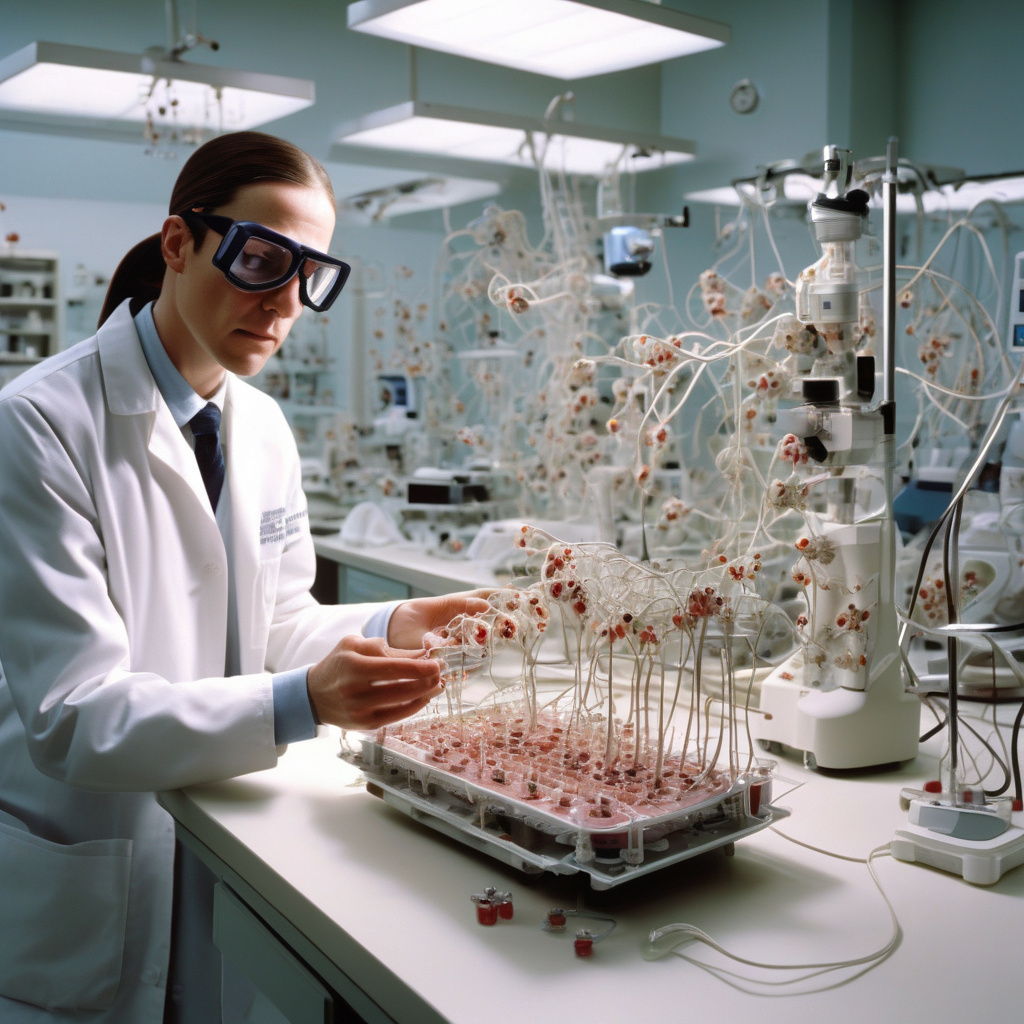Boosting Pleasure and Easing Depression: Human Brain Cells Transplanted Into Mice
Chinese scientists have successfully transplanted engineered human brain cells into mice, producing striking effects on the mental well-being of the rodents. This groundbreaking research opens up a world of possibilities in the treatment of depression and other mood disorders.
The study, conducted at the Chinese Academy of Sciences in Shanghai, focused on enhancing the pleasure centers of the brain to alleviate symptoms of depression. By transplanting human brain cells that were genetically modified to release dopamine, a neurotransmitter associated with reward and pleasure, the researchers were able to stimulate the mice’s brain activity in a way that mimicked the effects of antidepressant medication.
The results were remarkable. Mice that received the engineered human brain cells showed a significant increase in their willingness to engage in activities that normally bring pleasure, such as exploring their environment and socializing with other mice. In addition, the transplanted cells were able to regulate the mice’s response to stress, effectively reducing symptoms of depression and anxiety.
This innovative approach to treating depression holds great promise for the future of mental health care. Current treatments for depression, such as selective serotonin reuptake inhibitors (SSRIs), can be ineffective for many patients and often come with a host of side effects. By targeting the brain’s pleasure centers directly, researchers may be able to provide more effective and personalized treatments for individuals struggling with mood disorders.
Beyond the implications for depression treatment, this research also sheds light on the incredible potential of stem cell technology. By harnessing the power of human brain cells and genetic engineering, scientists are able to create targeted therapies that address the root causes of neurological disorders.
While the ethical implications of transplanting human brain cells into animals are complex and must be carefully considered, the potential benefits of this research are undeniable. As our understanding of the brain continues to advance, so too will our ability to develop innovative treatments for a wide range of neurological and psychiatric conditions.
In conclusion, the successful transplantation of engineered human brain cells into mice represents a major step forward in the field of neuroscience and mental health research. By boosting pleasure and easing depression in animal models, scientists have opened up new possibilities for more effective and personalized treatments for individuals suffering from mood disorders. As this research progresses, the hope is that similar techniques may one day be applied to humans, offering new hope for those in need of better mental health care.
brain cells, mice, depression, pleasure, neuroscience












